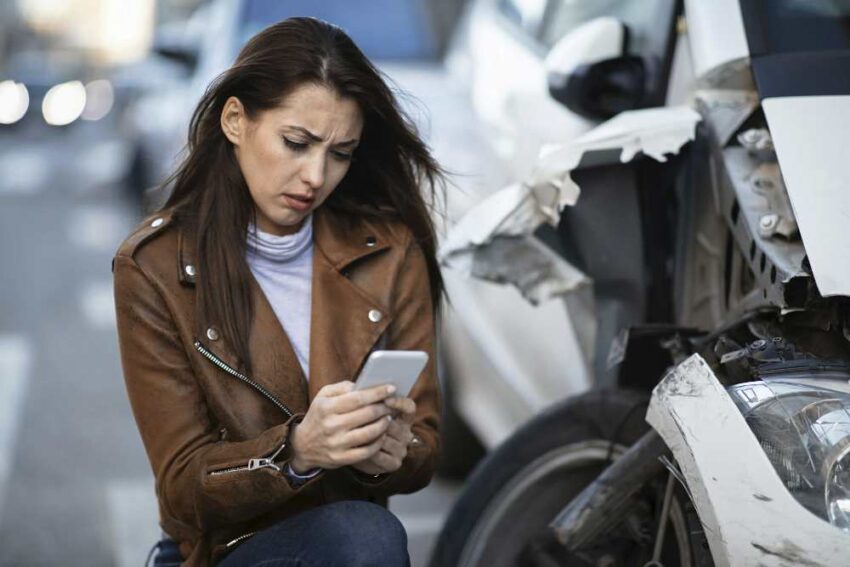Renting a car can be a convenient and flexible way to travel, whether you’re on vacation, a business trip, or just exploring a new area. However, accidents can happen, and finding yourself in a rental car accident can be particularly stressful.
Knowing what steps to take can help you handle the situation effectively and minimize the stress and complications that can arise. Here’s a comprehensive guide on what to do if you’re in a rental car accident.
Ensure Safety First
Check for Injuries: The immediate priority after any accident is to check for injuries. Ensure that you and any passengers are safe. If anyone is injured, call 911 or local emergency services right away.
Move to Safety: If the vehicles involved are obstructing traffic and it’s safe to do so, move them to the side of the road. Turn on your hazard lights to alert other drivers.
Contact Authorities
Call the Police: Even if the accident seems minor, it’s essential to contact the police. A police report will provide an official record of the accident, which can be crucial for insurance claims and any potential legal issues.
Provide Information: When the police arrive, provide them with all necessary information, but avoid admitting fault. Stick to the facts when describing what happened.
Document the Scene
Take Photos: Use your phone to take pictures of the accident scene from multiple angles. Capture the damage to all vehicles involved, the position of the cars, and any relevant road conditions or traffic signs.
Gather Information: Exchange contact and insurance information with the other driver(s). Make sure to get their name, address, phone number, insurance company, policy number, and driver’s license number.
Witnesses: If there are any witnesses, ask for their contact information as well. Their statements could be valuable if there’s a dispute about what happened.
Notify the Rental Car Company
Report the Accident: Contact the rental car company’s emergency or accident hotline as soon as possible. Follow their instructions on how to proceed. They will guide you through the process of documenting and reporting the accident.
Rental Agreement: Review your rental agreement for specific instructions and to understand your responsibilities and coverage.
Understand Your Insurance Coverage
Rental Car Insurance: Determine what type of coverage you have. If you purchased insurance through the rental car company, review the policy details. If you relied on your personal auto insurance or credit card coverage, contact your insurance provider to inform them about the accident.
Claims Process: Begin the claims process with your insurance company. Provide them with all necessary documentation, including the police report, photos, and any other relevant information.
Seek Medical Attention
Get Checked: Even if you feel fine immediately after the accident, it’s wise to see a doctor. Some injuries, like whiplash or concussions, may not be immediately apparent.
Medical Records: Keep all records and receipts related to your medical treatment. These documents may be necessary for your insurance claim.
Follow Up with the Rental Car Company
Damage Assessment: The rental car company will assess the damage to the vehicle. They will inform you of any charges or fees that you are responsible for, depending on the insurance coverage you have.
Replacement Vehicle: If you need a replacement vehicle, the rental company will provide one, subject to availability and terms of your rental agreement.
Legal Considerations
Consult an Attorney: If the accident results in significant damage, injury, or a dispute over fault, consider consulting with an Albuquerque auto accident attorney. They can provide guidance on your legal rights and responsibilities.
Keep Records: Maintain a file with all documents related to the accident, including the police report, insurance correspondence, medical records, and rental car company communications.
Being involved in a rental car accident can be daunting, but knowing what steps to take can help you handle the situation with confidence. Prioritize safety, document everything thoroughly, and communicate promptly with all relevant parties. By staying calm and organized, you can navigate the aftermath of an accident and ensure that your travels continue as smoothly as possible.

